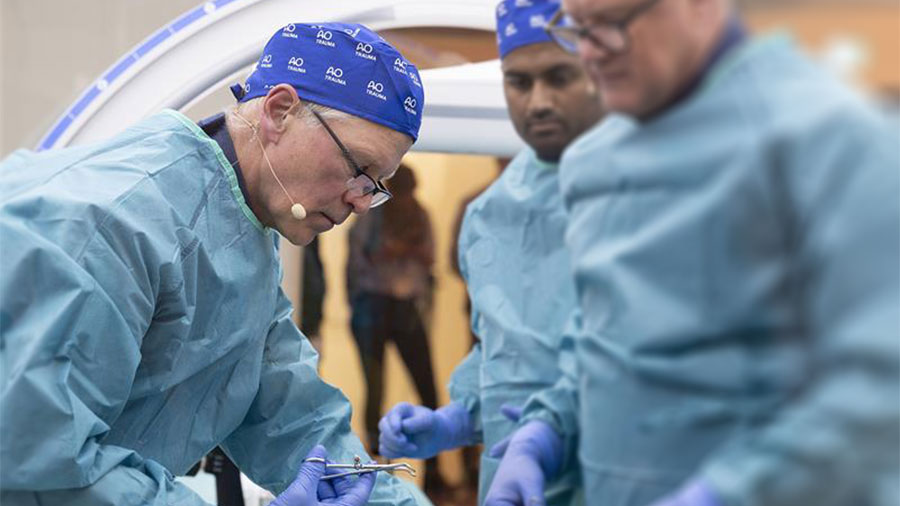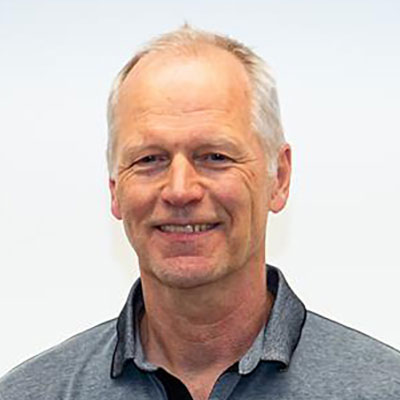Meet the expert: Christoph Sommer

Christoph Sommer
Chairperson of the Lower Extremity Global Expert Committee (LEGEC), part of the AO Technical Commission, and chief trauma surgeon at Kantonsspital Graubünden, Chur, Switzerland
Can you tell us a bit more about your work for the AO TC?
My groups and task forces focus on developing new implants and techniques to solve existing clinical problems. One of our main focuses for over four years—and nearly 40 meetings—has been the development of the next generation of plating technology, which will be the future for all new plates (and screws) from mini to large fragment systems, including all precontured periarticular systems.
How does your role in the AO TC link to the “Meet the Experts” session you will present at the AO Davos Courses this December?
In this session, we will present the background and development steps of all the new features of the next-generation plating system, which will be called VOLT (Variable Optimized Locking Technology). The generic mini and small fragment systems are almost ready for the market, and soon after, the first periarticular systems for the distal radius and proximal humerus will follow.
What does it take to become an “expert surgeon”?
The most important skill is your individual quality of care for your patients. Try to improve your knowledge and skills daily with every patient and every operation you perform. Reflecting on what you did is extremely important to improve yourself. Try to be active in the local, national, and regional community of trauma surgeons and enlarge your network. You need a mentor who can support you and help you get engaged in this community. Be open-minded about new things but stick to tradition. Changes are small but steady, and the steps will slowly get bigger over the years.
What other area (apart from surgery) do you consider yourself an expert in?
I’m not exactly an expert in mountaineering, but experienced in it, especially sport climbing. Interestingly, I started by climbing fairly small Swiss mountains, then had my highest point in the mid-90s when I climbed an 8,000-meter peak in the Himalayas. After that, I focused more and more on short but difficult routes outdoors and indoors, and nowadays, I’m mostly just bouldering indoors in my son’s boulder hall near Chur.
You have participated in the AO Davos Courses numerous times. What is your fondest memory?
My first ever lecture I had the privilege to give as a faculty member of the English advanced course was probably in 1995. I was not at all familiar with lecturing or the English language, and the topic of my talk was "floating joint injuries"—something I had never experienced before! But apparently the quality of my talk was not too bad, and I got further invitations to later courses in Davos.
